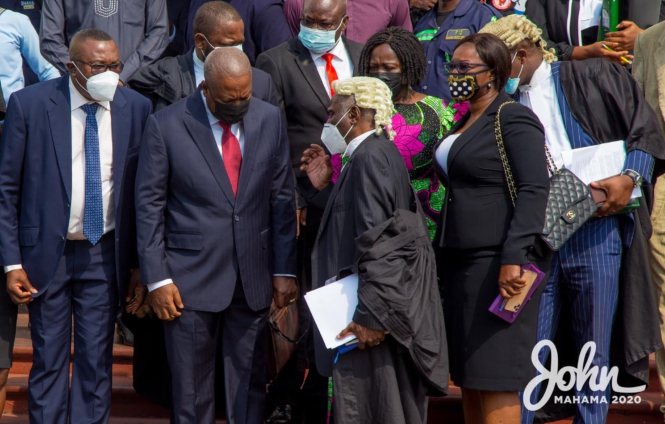Re: Mahama should drop petition if bid to get EC Chair to testify fails again – Lawyer
- Advertisement -
My Take: Let me attempt to break this all down to the point where it will be easier for everyone to understand the election processes, and whether or not there is any legitimate case at all for this petition at the Supreme Court without credible numbers from primary source documents of evidentiary value.
- Advertisement -
- Advertisement -
- Advertisement -
- Advertisement -


